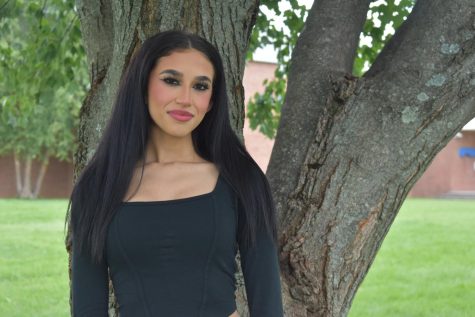Seasonal Depression

Lexington, KY: A beautiful picture of the sunset on a warm summer day. Sunlight is a great way to ease feelings of seasonal depression.
As spring approaches, changes start to happen. The weather gets warmer, allergies start-up and moods are subject to change. Seasonal depression, or seasonal affective disorder (SAD), must be addressed more seriously.
What’s Seasonal Depression?
Seasonal depression is a type of depression that’s caused by changes in the season. This is more common than people think. According to the Mayor Clinic, about five percent of adults in the U.S. experience seasonal depression and state it lasts 40% of the year.
Seasonal depression is a chemical imbalance in the brain. It is caused by shorter amounts of daylight and less sunlight in the winter. 10-20% of people develop minor Seasonal Affective Disorder before adulthood. Women usually develop seasonal depression more than men.
Identifying SAD can sometimes be difficult because the symptoms are similar to other mental disorders. Having SAD can make you lose interest in activities you once enjoyed, have low energy, and feel sluggish. Doctors advise you not self-diagnose SAD. The correct diagnosis is important because your healthcare provider can help you find the best treatment.
Symptoms for SAD
There are multiple symptoms of SAD, these include:
Hopelessness
Less energy/concentration
Social withdrawal
Irritability
Anxiety
Weight gain
Increased sleep/tiredness
Forms of Treatment
Experts state they are unsure about specific types of causes. Experts do believe the cause is a lack of sunlight. Selective serotonin reuptake inhibitors (SSRIs) are the preferred type of antidepressant for treating SAD. They increase the level of the hormone serotonin in your brain, which can help lift your mood. There is also a form of more natural treatments such as vitamin D and light therapy.
Seasonal depression is something a lot of people struggle with. It can affect mood drastically and make life unenjoyable and hard to manage. If you or someone you know is struggling with mental health, don’t hesitate to ask for help.
Mental Health Resources

Acacia Wilkerson is a senior at Lafayette. This is her first year with Lafayette Times. Some of her interests include psychology and cosmetics. She has...






